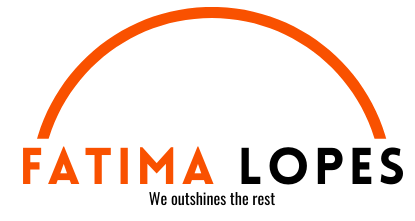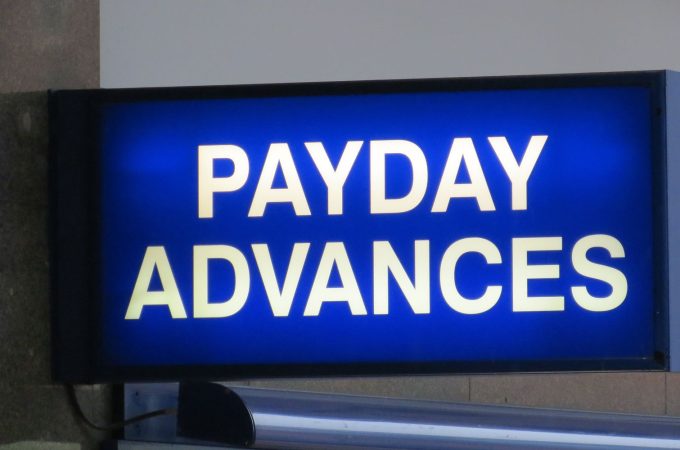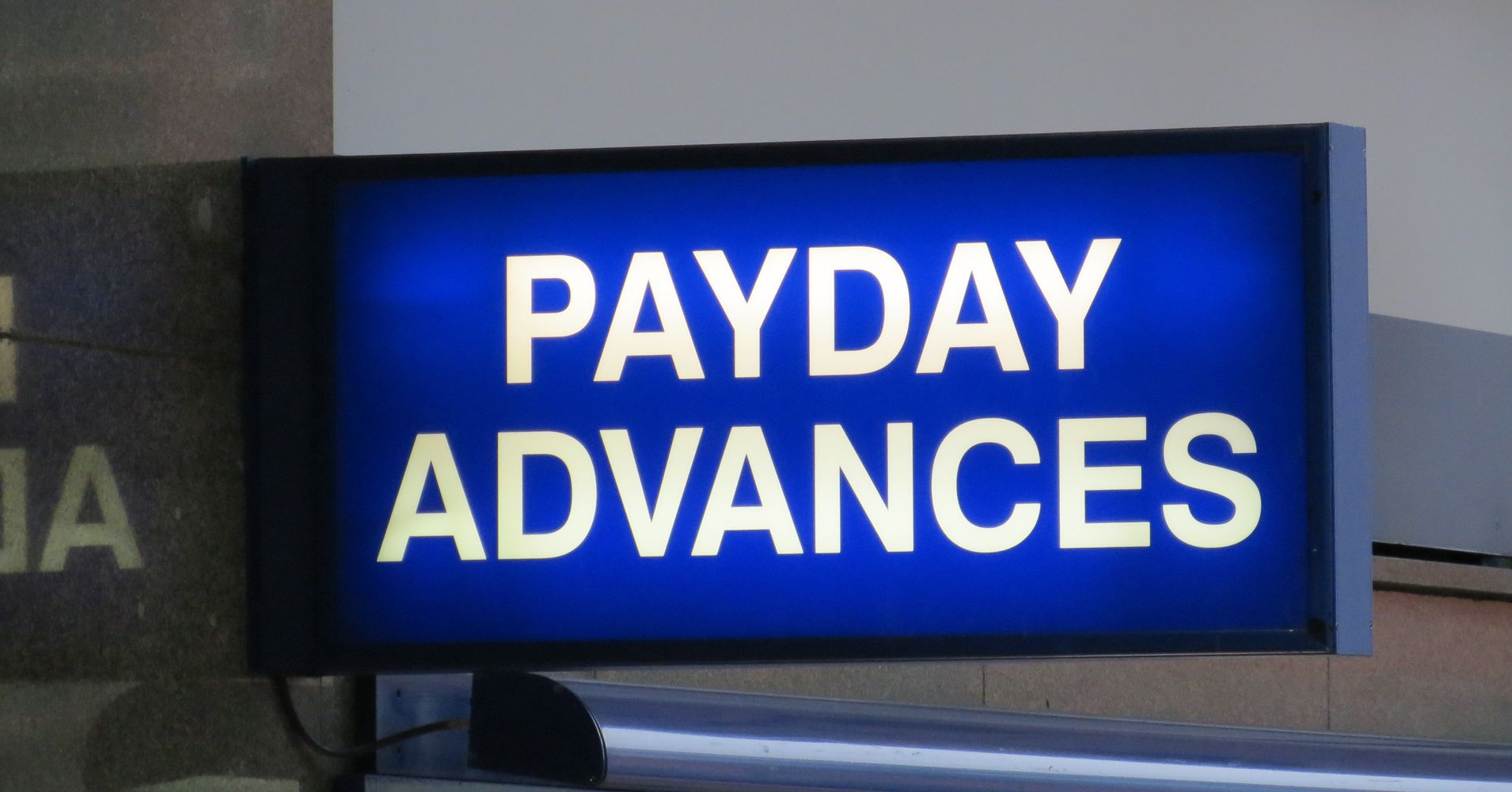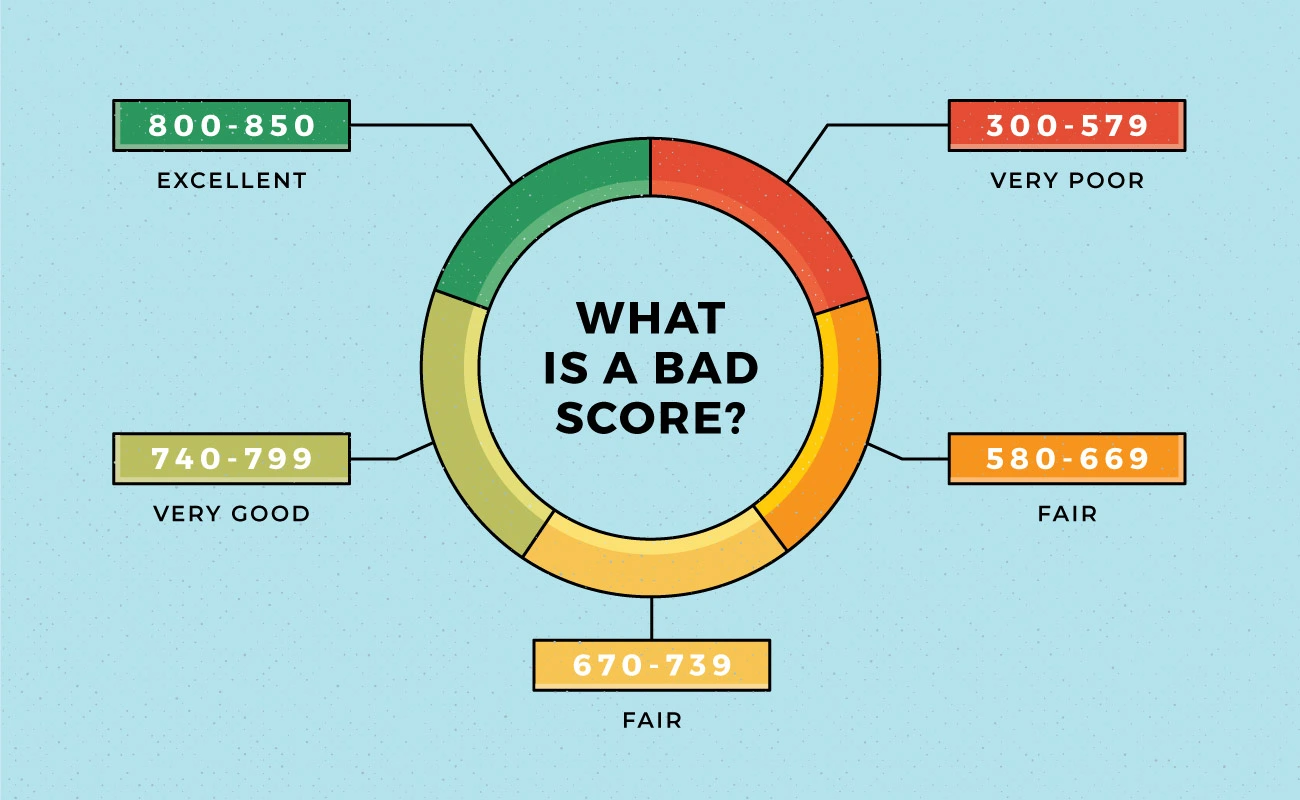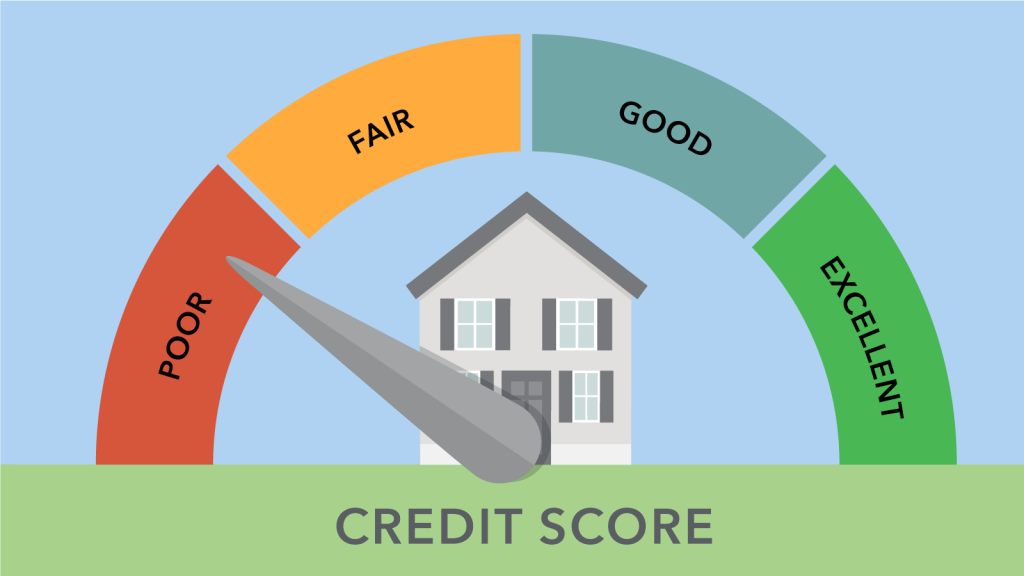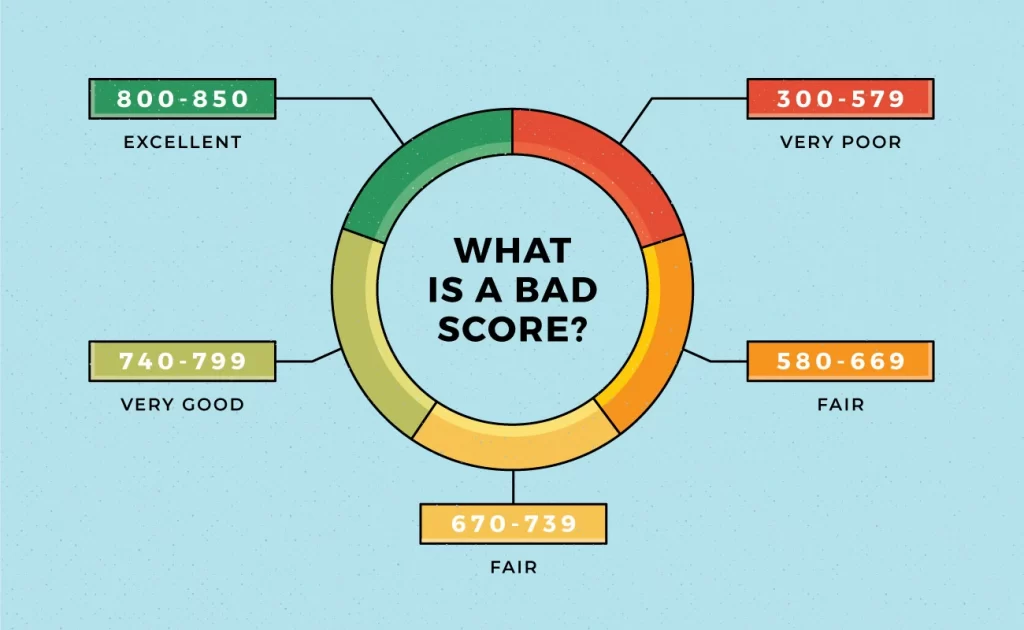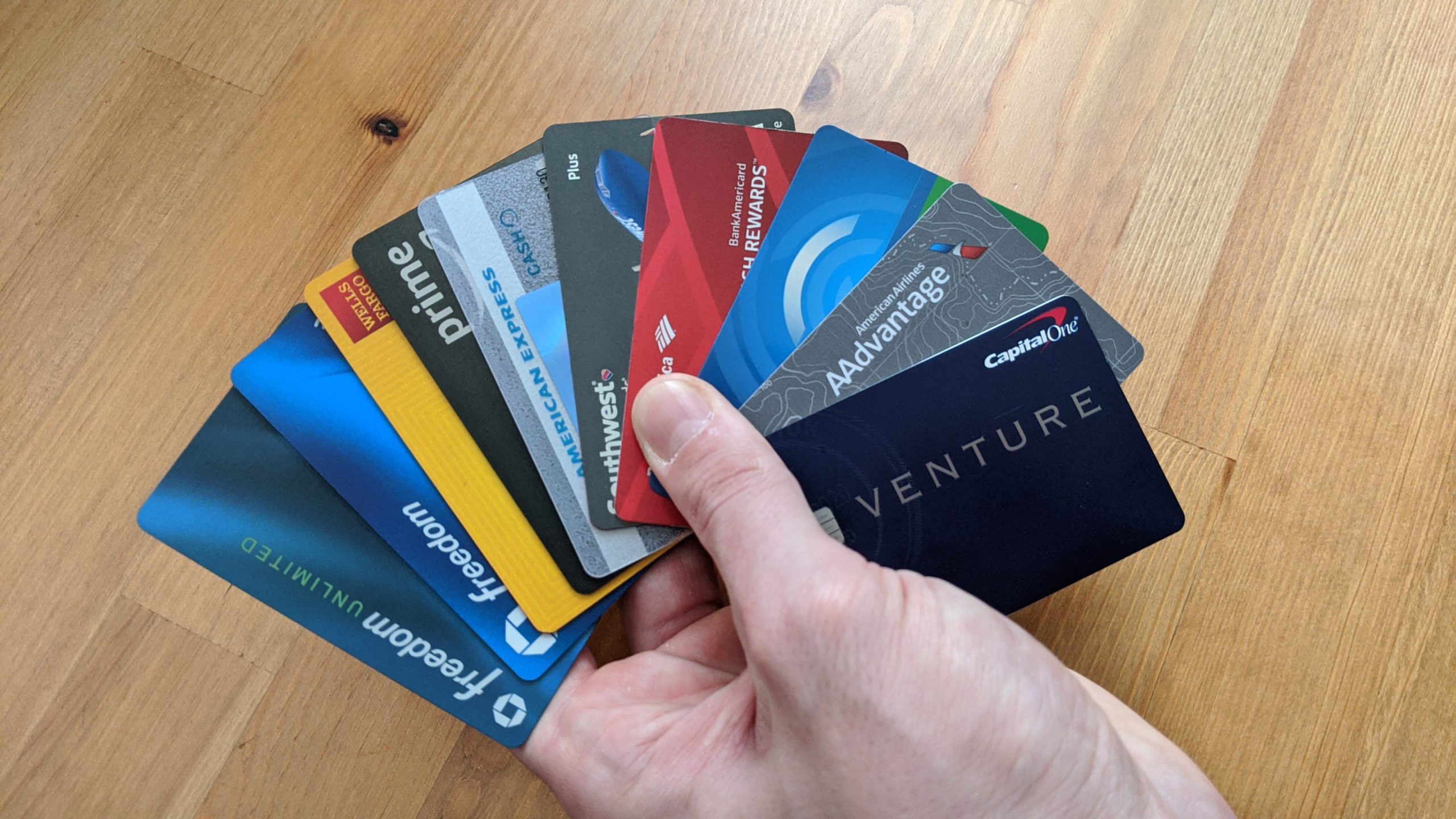In the bustling αγορα χρυσου θεσσαλονικη, investors often find themselves weighing the allure of gold against other investment opportunities. Gold has long been revered for its intrinsic value and as a hedge against economic uncertainty. However, in today’s diverse financial landscape, where cryptocurrencies, stocks, and real estate compete for attention, understanding how gold stacks up against these alternatives is crucial for informed decision-making.
1. Historical Performance and Stability
Gold’s history as a reliable store of value spans millennia. Unlike fiat currencies susceptible to inflation and geopolitical shifts, gold has maintained its purchasing power over time. This stability makes it a favored choice during economic downturns and times of crisis.

2. Comparative Returns: Gold vs. Stocks
Stock markets offer potential high returns but come with volatility. The performance of stocks often correlates with economic conditions and company-specific factors. In contrast, gold typically moves inversely to stocks during market downturns, providing a buffer against stock market volatility.
3. Liquidity and Accessibility
Gold is highly liquid, traded globally around the clock. Investors can easily buy and sell gold in various forms, from bullion to ETFs. This liquidity ensures that investors can quickly convert gold holdings into cash when needed, unlike some other investments that may have longer liquidity periods.
4. Diversification Benefits
Adding gold to an investment portfolio can enhance diversification. Its low correlation with other assets like stocks and bonds means that gold can reduce overall portfolio risk. This diversification benefit is particularly valuable in uncertain economic climates.
5. Comparing Gold with Real Estate
Real estate investments offer tangible assets and potential rental income. However, real estate markets can be localized and subject to economic conditions. Gold, as a portable and globally recognized asset, provides diversification benefits beyond real estate’s geographic limitations.
6. Inflation Hedge and Currency Risk
Gold historically acts as a hedge against inflation, preserving purchasing power when fiat currencies depreciate. It also safeguards against currency risk, especially in countries with unstable currencies or high inflation rates.

7. Considerations for Digital Investments
The rise of cryptocurrencies has introduced digital alternatives to traditional investments. While cryptocurrencies offer potentially high returns, they also come with high volatility and regulatory uncertainties. Gold, with its tangible presence and established market, provides contrasting stability in investment portfolios.
Conclusion
In the dynamic landscape of investment options, gold stands out for its historical stability, inflation-hedging properties, and diversification benefits. While other investments like stocks, real estate, and cryptocurrencies offer varying degrees of potential returns and risks, gold’s enduring value and global recognition make it a cornerstone of many diversified investment strategies.
